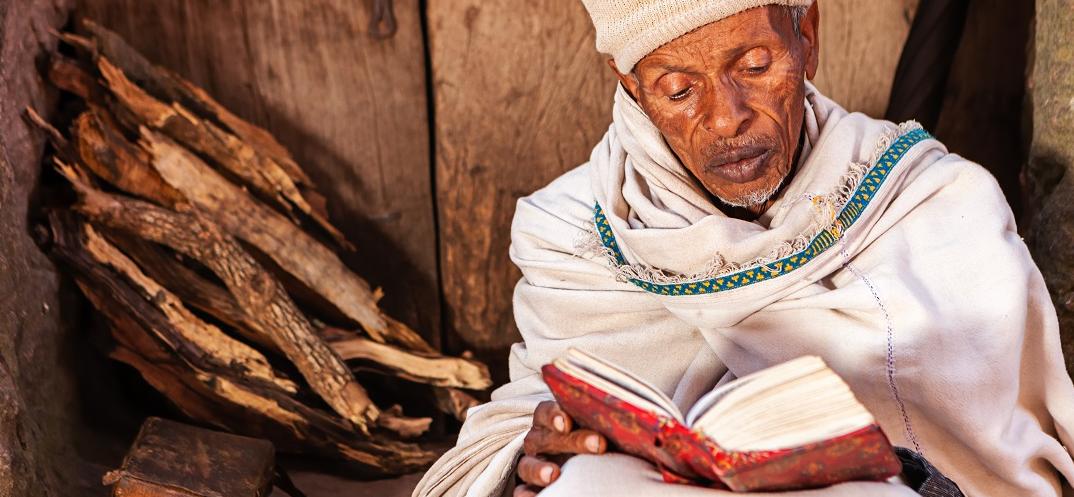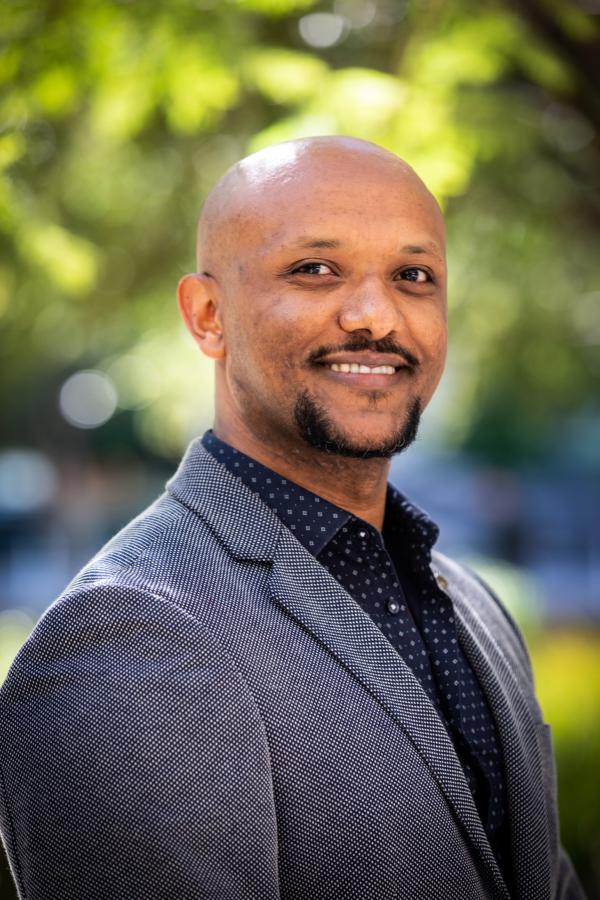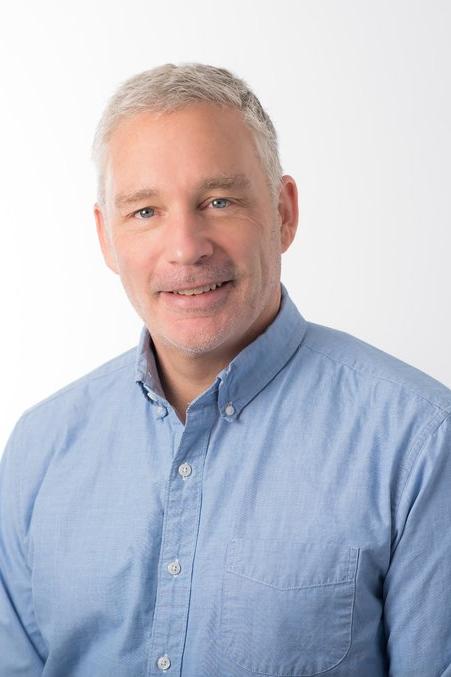Overview
Most sub-Saharan Africa (SSA) countries have been focused on poverty related illnesses such as communicable disease and nutritional disorders for centuries. However, the burden of aging related disorders including Alzheimer’s disease and related dementias are growing fast, which is driven by rapid urbanization, fast economic growth, and improved life expectancy in the region. Ethiopia, the second most populous nation in Africa, is currently a relatively young nation with only 3.6% of the general population aged 65 years and above. But by 2040 the proportion is expected to double to 7%. However, both the national population policy and the 2020-2025 national mental health strategy failed to address the growing health challenges related with population aging. To date, the cognitive and functional status of aging individuals in Ethiopia remains unknown and we urgently need a brief, accurate diagnostic tool to detect cognitive changes and early dementia at a local cultural context in Ethiopia.
Project Details
This pilot project is intended to translate, culturally adapt, and validate the Brain Health Assessment (BHA) battery in the TabCAT software. The BHA tool was validated in different languages and cultural contexts in low- and middle-income countries. BHA takes only 10 minutes to administer and the automated scoring system makes it the ideal instrument for the busy clinics in primary care settings. Our project will engage different stakeholders including neurologists, psychiatrists, psychologists, statisticians, patients, and caregivers. The translation and adaptation process includes forward translation of BHA into Amharic (BHA-Am), expert panel review of its content for wording, meaning and relevant differences. Any discrepancy will be discussed and resolved. Finally it will be back translated to English and the expert panels will review it a further time. Pilot testing and focused group discussion will be conducted among 10 cognitively healthy older adults. After incorporating their feedback, the final Amharic version of BHA will be sent to the University of California San Francisco to develop it into software. Then we will test the accuracy of the BHA-Am against a recently introduced tool (MoCA-B) across different literacy levels. The outcome of this project will introduce a brief, sensitive and computerized cognitive testing tool to make an early and accurate dementia diagnosis at the primary care setting benefiting the most vulnerable older adults in Ethiopia.







